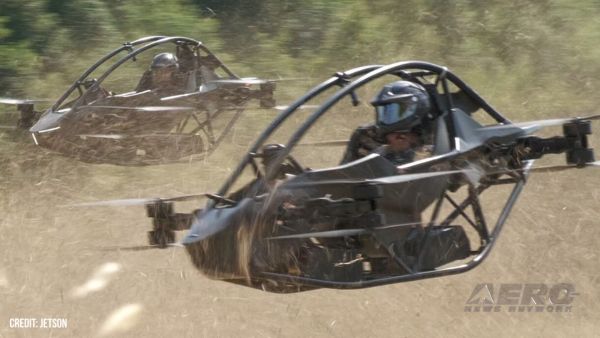Sun, Oct 10, 2010
"Serious" Incursions Reported Down 50 Percent Compared To
2009
U.S. Transportation Secretary Ray LaHood and FAA Administrator
Randy Babbitt say that the number of serious runway incursions at
the nation's airports dropped 50 percent from 2009, the second
consecutive year that the number of serious incursions was cut in
half.

Secretary LaHood
"We continue to make terrific progress in the area of runway
safety and the credit should go to the entire aviation community,"
LaHood said in a news conference Friday. "I'm thrilled that we've
further reduced serious incursions, and I look forward to
additional improvements in the years ahead."
"The goal we are working towards is zero runway incursions,"
Babbitt said during a press conference at Boston's Logan Airport
where he highlighted runway safety technology. "I'm confident that
the right combination of education and technology will help us get
there."
The number of serious runway incursions at the nation's airports
dropped from 12 in fiscal year 2009 to six in fiscal year 2010,
which ended on September 30. Today's announcement reflects a
steady, significant improvement in runway safety over the last
decade. In fiscal year 2000 there were 67 serious runway
incursions. Of the six incursions this fiscal year, three involved
commercial aircraft. Several years ago the FAA launched an
intensive effort to improve runway safety. That effort included the
expedited installation of new technology at airports, expanded
requirements for improved signage and markings at airports, and
improved pilot training on runway conflict scenarios. Since then,
the FAA and pilot groups also have conducted extensive outreach and
training for general aviation pilots.

Administrator Babbitt
During the news conference, Babbitt announced that the Runway
Status Lights system at Boston's Logan Airport has completed a
successful testing period. The runway safety system gives direct
warnings to pilots of potential runway incursions or collisions
through a network of red lights that are embedded in the airfield
pavement. The lights warn pilots when it is unsafe for a pilot to
enter, cross or proceed down a runway. Pilots must stop when the
red lights are illuminated and may not continue without clearance
from air traffic control.
The new technology, which is also being used at Dallas/Ft.
Worth, San Diego and Los Angeles, was successfully tested for 90
days at Boston. The FAA partnered with the Massachusetts Port
Authority (Massport) to install the system. The FAA funded the
design and development of the system, as well as the equipment.
Massport paid for the installation of the airfield lighting
equipment.
Runway Status Lights systems are scheduled to be installed at 23
airports across the country beginning next year.
More News
From 2014 (YouTube Version): One Of The Airshow World's Pre-Eminent Formation Teams Chats About The State Of The Industry At EAA AirVenture 2014, ANN News Editor Tom Patton gets th>[...]
Tactical Air Navigation (TACAN) An ultra-high frequency electronic rho-theta air navigation aid which provides suitably equipped aircraft a continuous indication of bearing and dis>[...]
Aero Linx: Doobert Hi, we're Chris & Rachael Roy, founders and owners of Doobert. Chris is a technology guy in his “day” job and used his experience to create Doobe>[...]
The Airplane Was Spinning In A Nose-Down Attitude Before It Impacted Terrain On June 20, 2025, at 0900 eastern daylight time, a Pitts Aerobatics S-2B, N79AV, was destroyed when it >[...]
Also: United Elite Sues, Newark ATC Transitions, Discovery Moves?, Textron @ KOSH The Commemorative Air Force Airbase Arizona is taking its “Flying Legends of Victory Tour&rd>[...]
 Classic Aero-TV: Up Close And Personal - The Aeroshell Aerobatic Team at Oshkosh
Classic Aero-TV: Up Close And Personal - The Aeroshell Aerobatic Team at Oshkosh ANN's Daily Aero-Term (07.13.25): Tactical Air Navigation (TACAN)
ANN's Daily Aero-Term (07.13.25): Tactical Air Navigation (TACAN) ANN's Daily Aero-Linx (07.13.25)
ANN's Daily Aero-Linx (07.13.25) NTSB Prelim: Pitts S2
NTSB Prelim: Pitts S2 Airborne 07.09.25: B-17 Sentimental Journey, Airport Scandal, NORAD Intercepts
Airborne 07.09.25: B-17 Sentimental Journey, Airport Scandal, NORAD Intercepts




